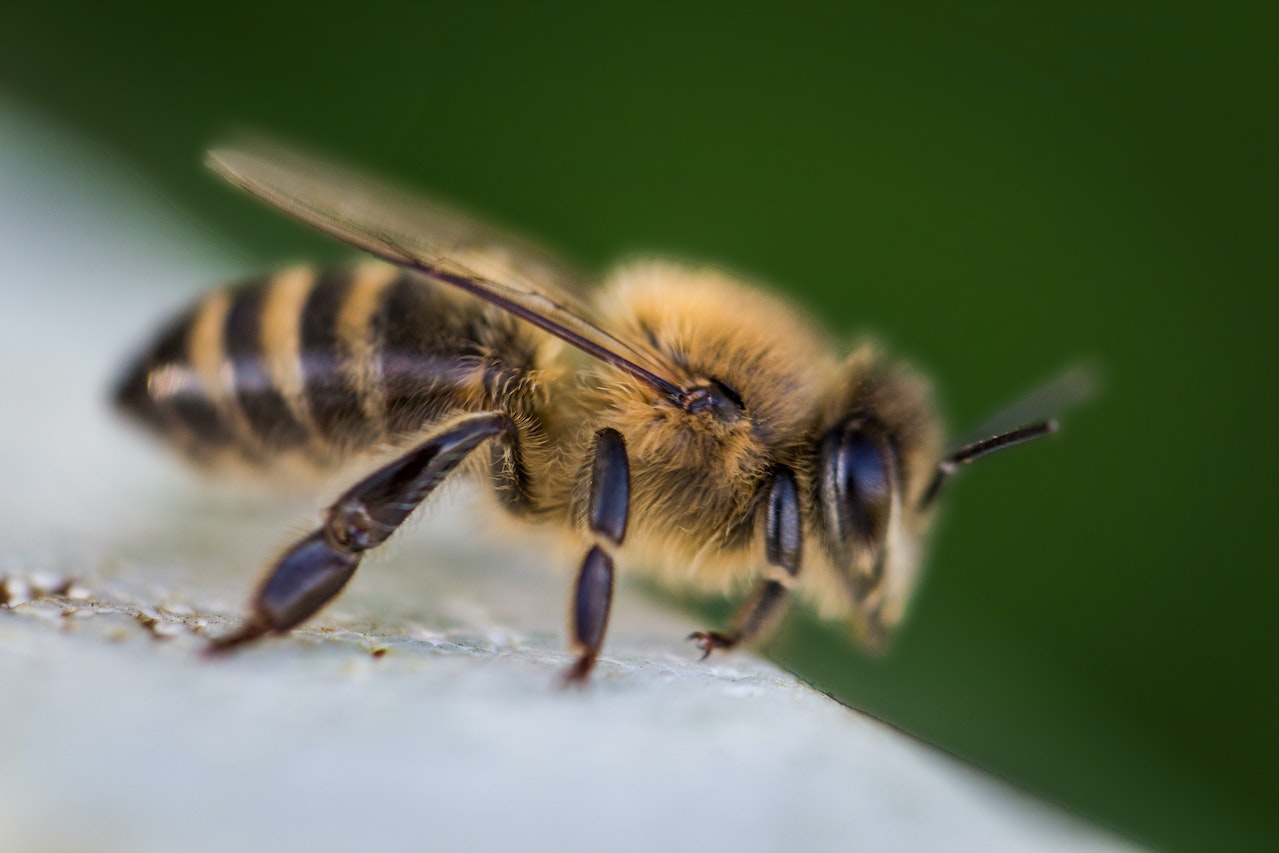The bees are dying and that’s bad news for our health. These vastly important insects pollinate crops to increase the world’s supply of healthy fruits, vegetables, and nuts. New research shows that the bee population is on the decline due to changes in land use, harmful pesticides, and the changing climate. This will lead to fewer healthy food options, causing more excess deaths every year.
“A critical missing piece in the biodiversity discussion has been a lack of direct linkages to human health. This research establishes that loss of pollinators is already impacting health on a scale with other global health risk factors, such as prostate cancer or substance use disorders,” said Samuel Myers, principal research scientist of planetary health in the department of environmental health at the Harvard T.H. Chan School of Public Health, in Boston.
A lack of pollination has already led to a 3% to 5% decline in produce and nut production, according to the study. That has led to an increase of around 427,000 excess deaths annually from illnesses such as heart disease, stroke, diabetes, and certain cancers.
If this trend continues, we will see a 1% to 2% annual decline in the bee population, which could lead to what some are calling an “insect apocalypse” in the decades to come. Bees increase the yields of three-fourths of the world’s crop varieties, and certain types of nuts, fruits, and vegetables may become increasingly hard to find in the years ahead.
The researchers analyzed various crops and farmlands across Asia, Africa, Europe, and Latin America to identify potential “pollinator yield gaps” for the most bee-dependent crops. They then compared the results to the global risk of various diseases. The results showed a strong correlation between the number of pollinators and the overall health of the local population. They also looked at the estimated loss of economic value.
Most of the food production loss occurred in lower-income countries. But the health burden was most acute in middle- and high-income countries where non-communicable diseases are more likely to occur.
“The results might seem surprising, but they reflect the complex dynamics of factors behind food systems and human populations around the world. Only with this type of interdisciplinary modeling can we get a better fix on the magnitude and impact of the problem,” said study co-author Timothy Sulser, a senior scientist at the International Food Policy Research Institute.
The authors noted that a lack of bees is more than just an environmental issue, but one that affects both health and economics.
“This study shows that doing too little to help pollinators does not just harm nature, but human health as well,” said lead author Matthew Smith, a research scientist in the department of environmental health at Harvard.



